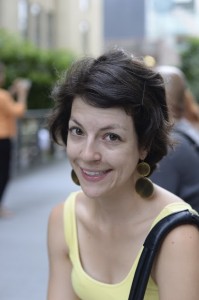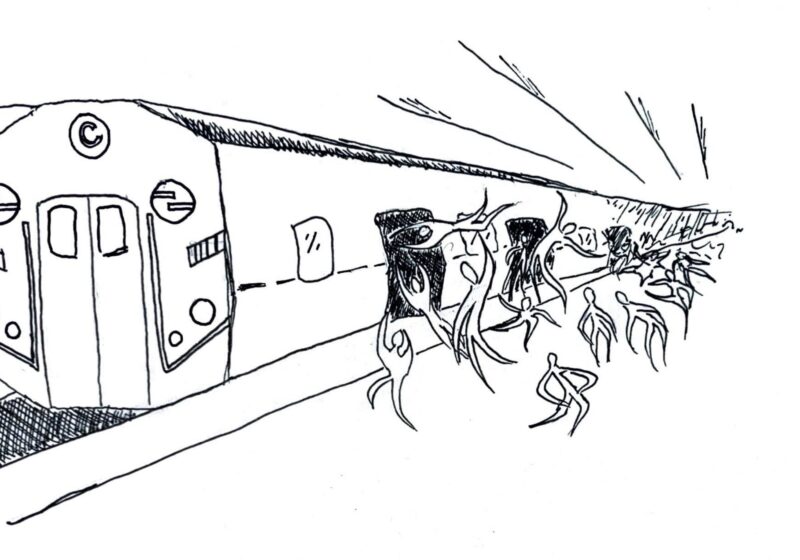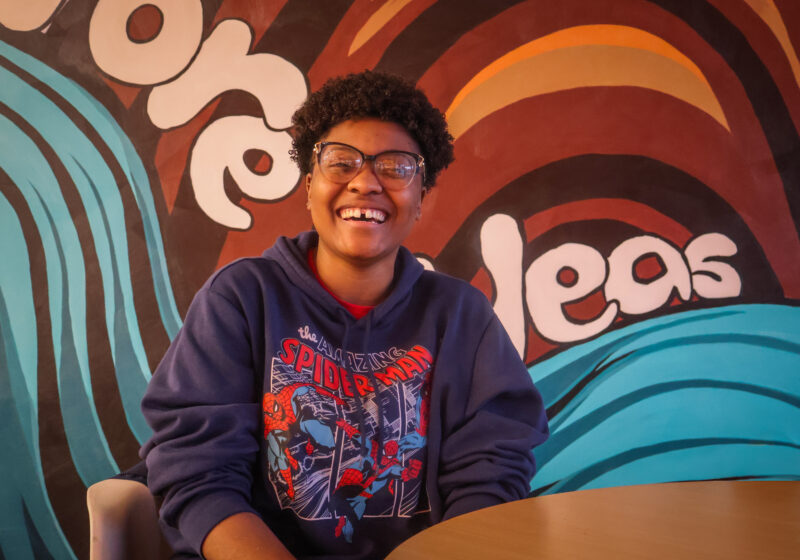In 2015, UR assistant professor Elika Bergelson earned her place on Forbes Magazine’s 30 Under 30 list in the science section, a group of 30 elite millennials who have tackled outstanding scientific accomplishments before reaching the age of 30.
Bergelson graduated in 2007 from New York University with a double major in Language & Mind and Music. Afterward, Bergelson worked as a Baggett Research Fellow at the University of Maryland in the linguistics department.
In the following years, Bergelson earned both her Masters Degree and Ph.D. from the psychology department of the University of Pennsylvania. Ten years of higher education led Bergelson to become a postdoctoral researcher here at the UR Center for Language Sciences from 2013 to 2014.
Bergelson’s recent work led to an anonymous nomination to be a member of Forbes’ “30 Under 30,” and, after a series of interviews, she received a well-earned spot on the list.
Bergelson’s current research entails working directly with infants (babies between six and eighteen months of age) through the Study of Environmental Effects on Developing Linguistic Skills (SEEDLingS) Program to complete a longitudinal study that aims to draw a relationship between an infant’s environment and their language acquisition.
Earlier this year, the National Institutes of Health granted Bergelson $1.25 million to work on the project. “I think it’s been a great way to let folks know about research that the National Institutes of Health help fund” Bergelson said.
The project is particularly interesting because it involves both in-home and controlled lab experiments.
The in-home portion of the study consists of researchers going into the homes of approximately 50 families and attaching recording devices to the foreheads of the babies in those homes in order to detect the words and sounds that these babies hear. They also will be attaching eye trackers to detect where these babies look when they hear these noises. Junior Valerie Langlois is a research assistant in Bergelson’s lab. Langlois is responsible for going into the homes of these infants and recording where they look and what they hear, and then analyzing any potential correlations.
Langlois notes that an interesting finding she’s seen thus far is the lack of object words with which babies are presented, particularly when there is an older sibling. Langlois concludes that an increased frequency of object words’ presentation may facilitate infantile language development.
“I look up to Elika a lot,” Langlois says. “I’m really proud of Elika because even though I’ve only known her for a couple of months, I can tell that she works really hard on her work, and she definitely deserves to be on that list.”
“This is the most rewarding experience I have had so far,” Langlois concludes.
Shaelise Morton, the SeedLINGs Project Coordinator, is responsible for enrolling and scheduling the participants, overseeing the research assistants in the lab, helping to run home and lab visits and coding the audio and video data from the home visits.
Morton spoke of the unprecedented nobility of the research, which is brought about by its innovative entailments, commenting, “Elika is brilliant, but she also does not take herself too seriously. Here she has these amazing rewards and is gaining recognition in the media, but she is very grounded and humble. She is always open to questions and suggestions from both her staff and the undergrad RAs. She is a pleasure to work with.”
In addition to her recent place on Forbes’ list, Bergelson has also been published in multiple scholarly journals and articles, as well as conference proceedings, commentaries and posters. Bergelson has also contributed to textbooks, curricula and conference talks. Bergelson has gotten plenty of local attention through WROC and Time Warner Cable News, WXXI’s Connections radio program and the Democrat and Chronicle.
Reflecting on her success, Elika concludes, “More personally, it’s been a neat way to interact more with UR students, staff, faculty and the broader community about the research questions that I find exciting.”
Kaplan is a member of the class of 2018.




